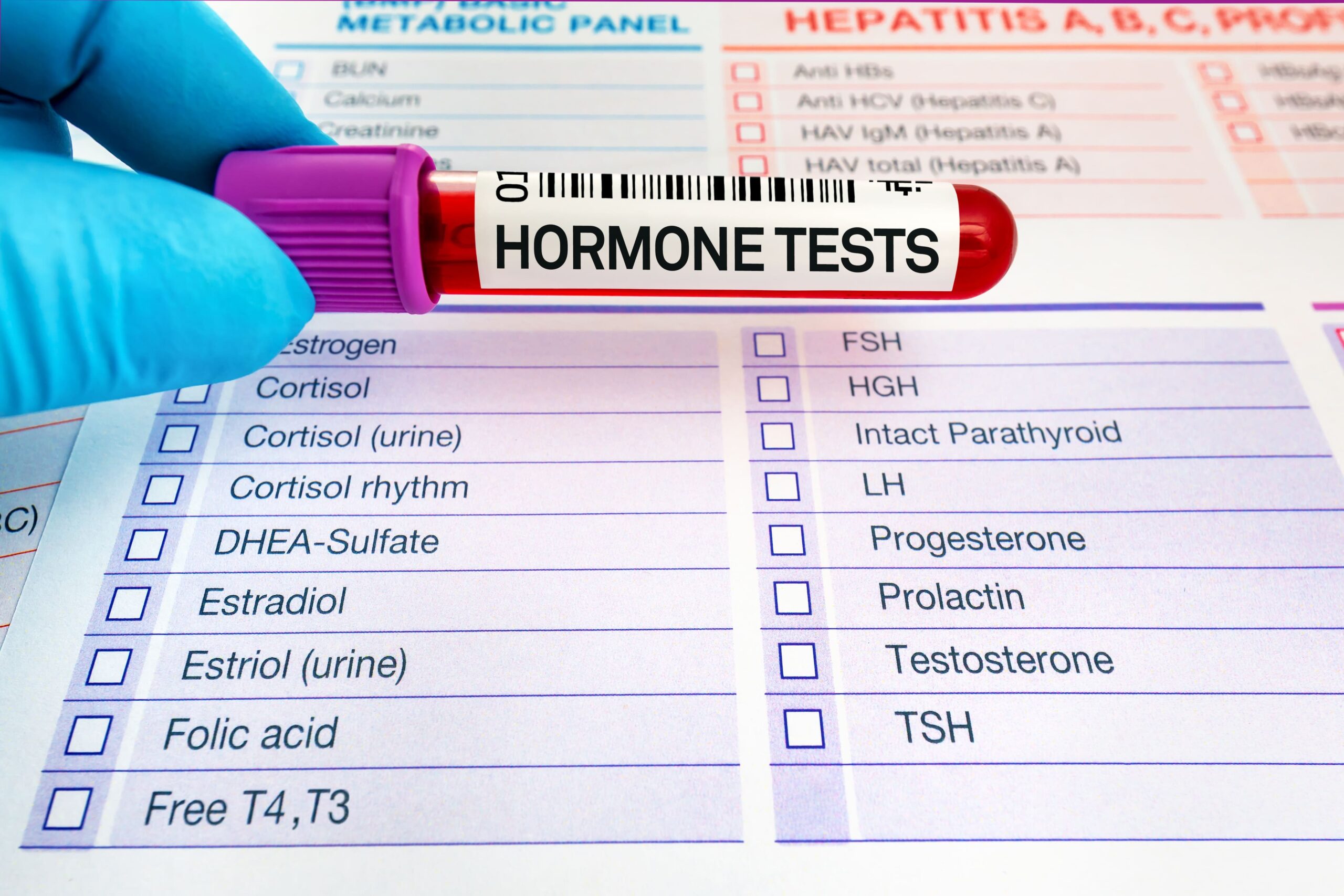Once your hormone test results are available, your doctor will explain what the findings mean in the context of your symptoms, health history, and any ongoing treatments. If a hormonal imbalance is detected, your doctor may recommend lifestyle changes, further diagnostic testing, or begin treatment to restore hormone levels to a healthy range.
In some cases, follow-up testing may be needed to confirm a diagnosis or monitor how well your hormone levels are responding to treatment. Your internal medicine specialist will guide you through the next steps, adjusting your care plan as needed to ensure your symptoms improve and long-term health risks are minimised.







